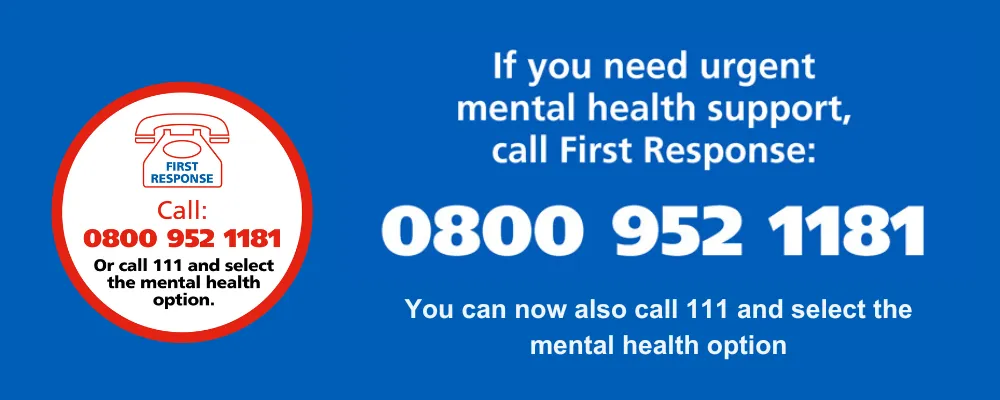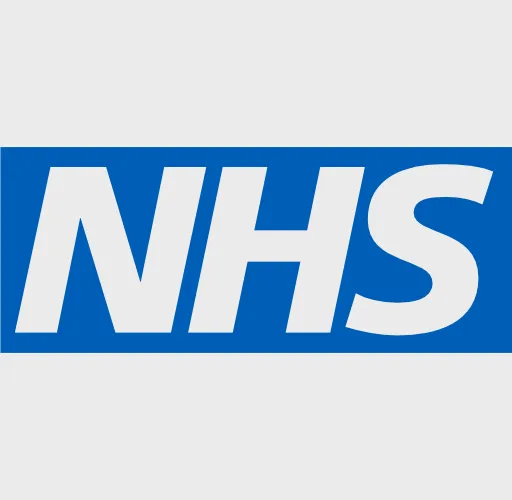Our services
First Response – crisis service

About the service
We offer crisis support 24 hours a day, seven days a week to people of all ages living in Bradford, Airedale, Wharfedale or Craven experiencing a mental health crisis. This service is for people of all ages living in Bradford, Airedale, Wharfedale or Craven. You do not have to have used any mental health services before to contact us. Trained professionals are just a phone call away. You can now also call 111 and select the mental health option.
If you, or someone you know, are at immediate risk, always call 999. However, if you have an urgent mental health need the First Response Crisis Service is available to all. When a First Response telephone assessment indicates the need for a face-to-face assessment, we will aim to see you within 4 hours.
To read this text in your preferred language, scroll to the top of the page and select language drop down box in top right-hand corner of page.
How to access
Where possible the person who is experiencing the crisis should contact First Response, but we understand that this is not always possible and accept calls from others, concerned about the person’s well-being.
Contact
Telephone: 0800 952 1181
Redbox Call Recording Privacy Notice
For information on all mental health and wellbeing support services in Bradford and Craven, and self-help resources visit Healthy Minds: www.healthyminds.services.
Use the tabs below to explore this section further.
What to expect
Once you call First Response a telecoach will answer and quickly assess your crisis mental health needs. They’re experienced to talk to people in distress and provide guidance to help you manage the situation and your feelings. They have information on all the health, social and voluntary services available to support you. They will refer or make an appointment if it is needed. They may decide you need urgent support. In this case they will ask a first responder from our team to visit you as soon as possible.
First responders are mental health nurses and social workers. They visit you wherever you are in your time of crisis, at whatever time of day, sometimes with a member of the emergency services. They provide support to help you manage your feelings. Some can prescribe medication. First responders provide the best possible action for you at the time. They aim to keep you at home with support, working with you to develop a crisis management plan. If you are extremely unwell, they may recommend you are admitted to hospital.
What is a crisis?
If you are experiencing something which makes you feel unsafe, distressed or worried about your mental health you should contact First Response. Examples might include:
- Mood changes (different to how you are usually).
- Withdrawing from people (close family, friends or work colleagues).
- Not taking care of yourself like you would usually.
- Having increased thoughts about life not being worth living.
- Excessive worry.
- Feeling out of control.
- Feeling unable to cope.
- Changes in the way you think.
- Unusual ideas.
- Hearing voices or seeing things that others can’t.
- Thinking about harming yourself or someone else.
-
Having urgent concerns around mental health, whilst being pregnant or caring for a child under 12 months old.
-
Symptoms of post-partum psychosis (severe mental illness) in the first 2 weeks after childbirth
-
Increased anxiety.
Other services
The links below will take you to other websites for mental health support and advice.
Related Links
NHS 111 mental health feedback survey
Mental health crisis support is now available to anyone across West Yorkshire by calling NHS 111 and selecting the mental health crisis option. The West Yorkshire Health and Care Partnership is keen to hear about your experience of accessing mental health crisis support using NHS 111 and other crisis support services. Your answers will help to identify future improvements that could be made to the service.
You can access the survey using this link: https://re-url.uk/WLRB
If you need any help filling in this survey, or would like it in an alternative format, please call 01924 317 659 or email: wyicb-wak.wrhreception@nhs.net

